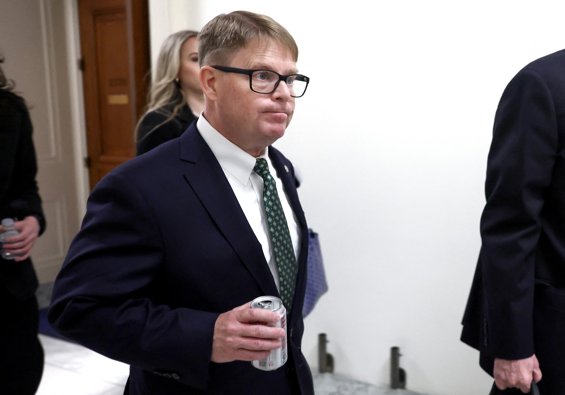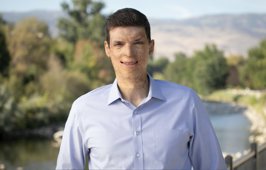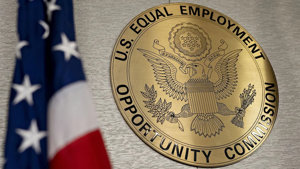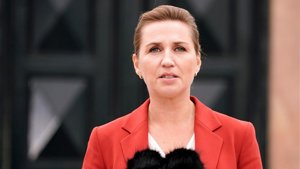
White House Doctor Grilled Over Biden Health Probe
Ex-White House doctor criticized for pleading the Fifth in House inquiry into Biden’s health and alleged cover-up.
House Committee Confronts Biden’s Former Physician
The former White House physician to President Joe Biden, Dr. Kevin O’Connor, faced sharp scrutiny this week after refusing to answer questions from the House Oversight Committee regarding Biden’s health during a closed-door session. The interview, lasting around 30 minutes, saw O’Connor invoke the Fifth Amendment to avoid all questions except for stating his name.
O’Connor’s legal team argued that the broad scope of the committee’s investigation could compel him to violate doctor-patient confidentiality. The panel, led by Chair James Comer of Kentucky, is investigating whether Biden’s former aides concealed signs of his mental or physical decline and if any executive actions were signed without the president’s full awareness. Biden’s allies have rejected these accusations.
Rep. Ronny Jackson of Texas, himself a former White House physician, was vocal in his criticism, stating that O’Connor’s refusal to testify could not be justified by doctor-patient privilege alone. Jackson, who assisted the committee in preparing its questions, asserted, “The cover-up could not have happened without the assistance and the help of his personal physician, Kevin O’Connor. I think that's why he pled the Fifth, because he realized he was about to implicate himself as a key player in this cover-up.”
O’Connor’s attorneys countered that revealing confidential medical information would breach one of the most fundamental ethical duties of any physician and potentially subject O’Connor to the loss of his license and civil liability. They maintained that invoking the Fifth Amendment was a necessary response to the committee’s unprecedented demands, not an admission of guilt.
Debate Over Legal and Ethical Boundaries
Jackson, who previously served as White House physician to Presidents Barack Obama and Donald Trump, argued that patient-doctor confidentiality had been addressed prior to the meeting. He said the committee had informed O’Connor that the legal subpoena overrode privilege and that presidential privilege had been waived by Trump, leaving O’Connor without grounds to refuse testimony except for self-incrimination.
The Oversight Committee, with Jackson’s input, had prepared a series of questions regarding Biden’s neurological health and cognitive testing during his time in office. However, the majority of these inquiries were left unanswered due to O’Connor’s brief appearance and legal counsel’s objections.
O’Connor’s legal team issued a statement emphasizing the ethical and legal risks of disclosing patient information, noting, “This Committee has indicated to Dr. O'Connor and his attorneys that it does not intend to honor one of the most well-known privileges in our law – the physician-patient privilege.” They warned that forcing such testimony could violate medical ethics and state law, putting O’Connor’s career at risk.
As the investigation continues, the confrontation has sparked renewed debate about the limits of congressional oversight, medical confidentiality, and the ethical obligations of physicians in public service. Lawmakers from both parties are closely watching for the probe’s next developments, which may further shape discussions about transparency, executive accountability, and the role of legal privilege in high-profile government inquiries.






